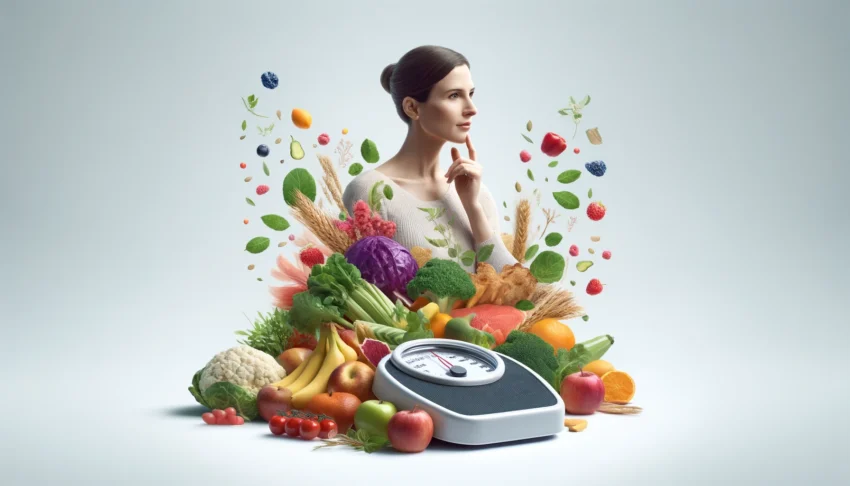Dieting is a popular topic that garners attention worldwide. Whether you’re looking to shed a few pounds or simply aiming to boost your overall health, understanding the nuances of dieting can be quite enlightening. As a specialist in general health with extensive experience across various healthcare settings, I have observed firsthand the impacts of dieting on health. Let’s delve into some fun and lesser-known facts about dieting that might surprise you.
1. Not All Calories Are Created Equal
The calorie content of food tells only part of the story. What’s more important is the source of these calories. For instance, 100 calories from a donut and 100 calories from a serving of broccoli have vastly different effects on your body. The broccoli not only provides more nutrients but also takes more energy to digest, hence offering a higher nutritional value and aiding in better metabolism.
2. The Color of Your Plate Matters
Research suggests that the color of your plate can influence how much you eat. A study found that when the color of a participant’s plate matched the color of their food, they served themselves nearly 30% more because the food did not stand out against the background. Opting for plates with contrasting colors could potentially help you eat less without feeling deprived.
3. Dieting Can Alter Your Taste Buds
Did you know that dieting can change how you perceive the taste of food? People who reduce their intake of sugary and fatty foods often find that their taste buds start to prefer healthier options. This adjustment can make healthier foods taste better, which could make sticking to a healthier diet easier.
4. The Timing of Your Meals Can Influence Your Weight Loss
It’s not just what and how much you eat that affects your weight; it’s also when you eat. Studies have shown that eating larger meals earlier in the day, when your digestive system is more active, can help you lose weight more effectively than eating larger meals later in the day.
5. Spices Can Boost Metabolism
Adding certain spices to your food isn’t just a way to enhance flavor without extra calories; it can also boost your metabolism. Spices like cayenne pepper contain capsaicin, which has been shown to increase the amount of heat your body produces, using more calories in the process.
6. Water Is a Hidden Weight Loss Tool
Drinking water can significantly aid in weight loss. Consuming a glass of water before meals can make you feel fuller, thus reducing the amount of food you eat. Additionally, sometimes our bodies can mistake thirst for hunger, so keeping hydrated might keep unnecessary snacking at bay.
7. Dieting Doesn’t Have to Be About Cutting Out Foods
Effective dieting is more about balance and making informed food choices rather than simply cutting foods out entirely. Including a wide variety of foods in your diet ensures you get all necessary nutrients and makes sticking to your diet more sustainable long-term.
8. Sleep Plays a Crucial Role in Dieting
Lack of sleep can sabotage your dieting efforts. Sleep deprivation is linked to increased levels of ghrelin, the hunger hormone, which can lead to overeating. Ensuring you get a good night’s sleep can therefore be as important as your dietary choices.
9. Diet Myths Can Be Misleading
It’s important to approach dieting advice with a critical mind. Many widely held beliefs about dieting and weight loss are not supported by science. For instance, the idea that everyone should eat breakfast to prevent weight gain does not hold up under scientific scrutiny.
Conclusion
These fun facts about dieting illustrate that it’s a complex and fascinating subject. Effective dieting is not just about strict calorie control but understanding how different factors like meal timing, hydration, and even your choice of plate color can impact your overall health and weight loss efforts. Remember, the best diet is one that is balanced, sustainable, and tailored to your individual needs.

